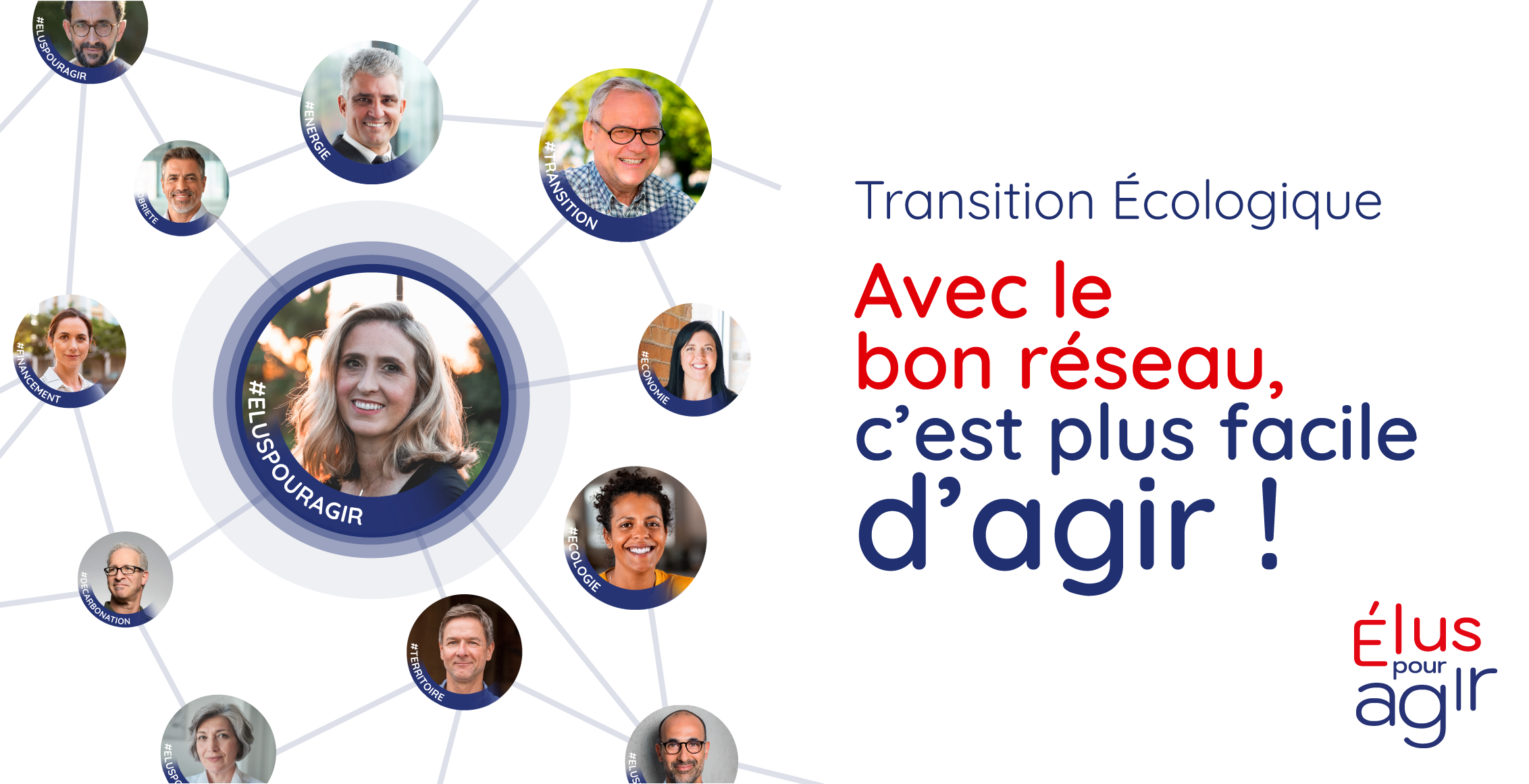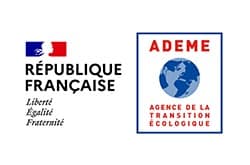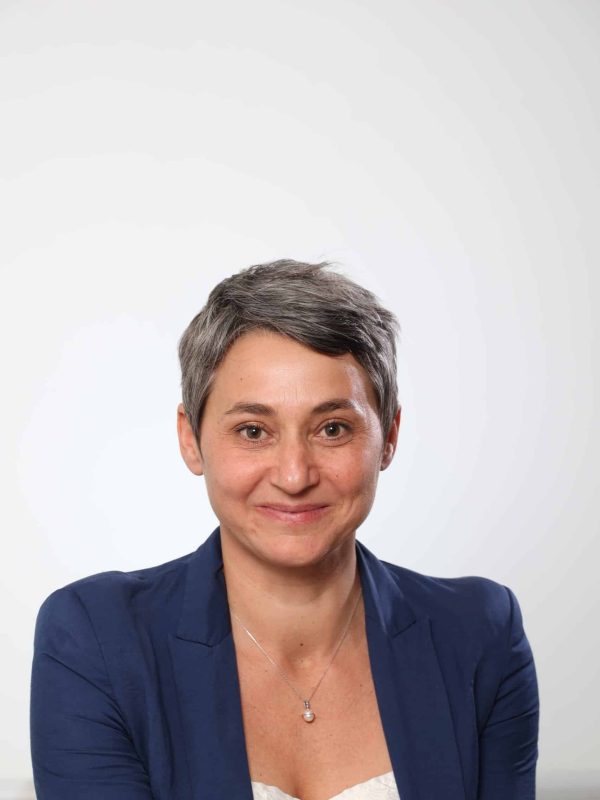Réseau
Réseau Élus pour agir
- Créativité
- Inclusion
- Résilience
- Sobriété
- Conduite du changement
- Coopérations territoriales
Créé et animé par l’ADEME, le réseau Élus pour agir est ouvert aux élus locaux français, quel que soit leur mandat et leur niveau d’expertise en matière de Transition écologique et énergétique.
Que vous soyez élu(e) de la majorité ou d’une minorité, avec ou sans délégation, dans une commune, une intercommunalité, un département ou une région... dès lors que vous souhaitez vous engager en faveur de la transition écologique, vous avez toute votre place au sein du réseau Élus pour agir !
Le rôle du réseau :
- Aider les élus à mieux appréhender les enjeux de la transition écologique et énergétique, quel que soit leur niveau de maîtrise du sujet. Un parcours pour décrypter les enjeux et mieux connaitre les fondamentaux, les acteurs en place, les aides et les bonnes pratiques sera mis en place.
- Proposer des actions concrètes pour chaque commune, dans différents domaines d’intervention dont le développement des projets énergies renouvelables, la rénovation performante des bâtiments publics, la sobriété, l’économie circulaire, la gestion des déchets, la décarbonation des PME… L’ADEME soutiendra et accompagnera les projets grâce à tous les dispositifs et les aides dont elle dispose et notamment les aides du Fonds Chaleur sur la production de chaleur renouvelable et du Fonds vert sur les biodéchets et la reconversion des friches.
- Faire bénéficier les membres du réseau des enseignements et des pratiques des meilleurs experts nationaux de l’ADEME grâce à des conférences de haut niveau, avec un souci permanent de rechercher systématiquement l’adaptation des approches et outils aux besoins du territoire.
- Favoriser le partage des bonnes pratiques et des retours d’expériences entre élus.
Mots clés
- Transition énergétique
- transition écologique
- déchets
- Gestion
- Bonnes pratiques













